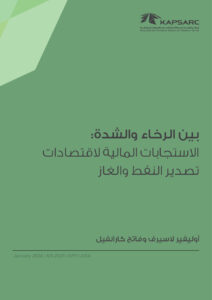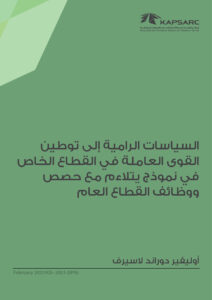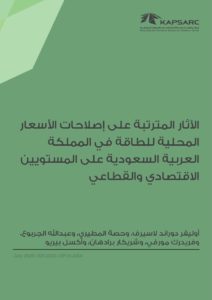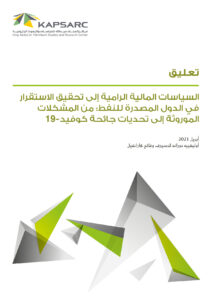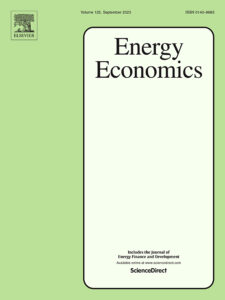أوليفير زميل باحث في برنامج أنظمة الطاقة والاقتصاد الكلي. عمل سابقاً خبيرًا اقتصادي في منظمة التعاون الاقتصادي والتنمية وكالة الطاقة الدولية في باريس حيث تضمنت أعماله تحليل سياسات الاقتصاد الكلي وتطبيق نماذج التوازن العام. وساهم أوليفير في دراسات النمذجة المختلفة على تقييم التبعات الاقتصادية الكلية والبيئية والتوزيعية للطاقة والسياسات البيئية. كما عمل على العلاقة بين الأرض والمياه والطاقة والعواقب الاقتصادية لتلوث الهواء. وقبل انضمامه إلى منظمة التعاون الاقتصادي والتنمية، عمل أوليفير في شركة إنجي، في باريس، حيث قام بتطوير إطار عمل نموذجي داخلي لوضع سيناريوهات الاقتصاد العالمي في مجال الطاقة على المدى الطويل.
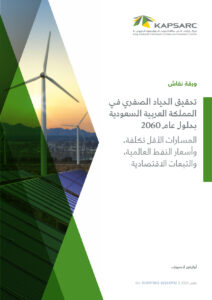
تحقيق الحياد الصفري في المملكة العربية السعودية بحلول عام 2060: المسارات الأقل تكلفة، وأسعار النفط العالمية، والتبعات الاقتصادية
تعرض هذه الدراسة المسارات التي يمكن للمملكة العربية السعودية أن تسلكها لتحقيق الحياد الصفري بحلول عام 2060، كما تتناول بالتحليل التبعات الاقتصادية التي يمكن أن يجلبها كل مسار منها. وتستخدم الدراسة في ذلك نموذج توازن عام داخلي للاقتصاد السعودي، يتسم بكونه نموذجًا مختلطًا ومستشرفًا للمستقبل. وتضع الدراسة سيناريو، يُعرف بسيناريو خط الأساس، تفترض فيه مواصلة قطاع الطاقة بالمملكة اتجاهاته الحالية واحتفاظ أسعار الطاقة المحلية التي تقررها الحكومة بمستوياتها التي بلغتها في عام 2019.
30th نوفمبر 2023
